If you’d stolen a Range Rover and were, one Thursday this month, triumphantly driving it down the A13 from London to Tilbury Docks to stash it in a container on a ship bound for Africa, your luck was just about to run out.
Positioned on the eastbound carriageway of this busy road, on a section between Dagenham and the Dartford Crossing, was a police car fitted with an automatic numberplate recognition (ANPR) system that alerts officers to vehicles recorded as being linked to crime.
Farther down the road were four marked and unmarked pursuit cars, waiting for the nod from the ANPR police car to give chase to any vehicle that the alert system flagged up.
Nearby off a slip road, waiting patiently in the teeth of a biting easterly wind blowing across the Essex marshes, was a squad of about 30 police officers, their job to process any vehicle, and its occupants, the pursuit cars escorted in. Your reception committee, if you like, poised to read you your rights – before slapping on the cuffs.
The activity that bitterly cold Thursday afternoon was part of a week-long, region-wide operation codenamed Operation Endeavour that involved 800 police officers patrolling 20 major roads in and around London. Although the police were happy to hoover up any criminals who strayed into their net, they were particularly keen to catch those who steal ‘keyless’ vehicles – cars that can be unlocked automatically when they sense the owner’s key fob in close proximity and that have an engine start button.
The police operation came against the backdrop of a long-term fall in the number of vehicle thefts (from 318,000 in 2002 to 74,600 in the 12 months to September 2014) but a sharp rise in the number of cars stolen by gangs targeting keyless vehicles.
For example, the Metropolitan Police says that of the 24,000 vehicles stolen in London last year, 6000 were stolen without their owners’ keys, the majority of them keyless vehicles. More than 70% of such vehicles were high-value Land Rovers and BMWs but they also included Ford Fiestas and Ford Transit and Mercedes-Benz Sprinter vans.
Meanwhile, Autocar has seen confidential police reports detailing thefts of cars in London by week. It makes surprising reading. For example, during one February weekend, 17 Range Rovers were stolen across London, while in just one area, two Land Rover Defenders, one Range Rover and one Range Rover Evoque were stolen.
However, criminal gangs aren’t only targeting high-value cars like these. Again, during one recent weekend, five Fiat 500 Lounge-edition models and four 11-plate Ford Galaxys were stolen, suggesting that criminals are stealing to order.
Sammy Miller, from Birmingham, knows exactly what the owners of these cars have been through. Her two-year-old Range Rover Autobiography, which would cost around £100,000 today, was stolen from her driveway in less than 30 seconds by a keyless car thief who simply opened the door, got in and drove off.
She was in her house at the time but knew nothing about the theft until Tracker, a vehicle location company, rang her to ask if she knew her car was being driven. “I looked out of the window and couldn’t believe it: my car was gone,” Miller said later.
When she looked at her CCTV system, she was shocked to see how easy it had been for the thief to steal her car. “He just opened it, got in and was gone in 30 seconds,” she said. Fortunately, Tracker and the police located Miller’s Range Rover less than an hour later, parked up and abandoned.

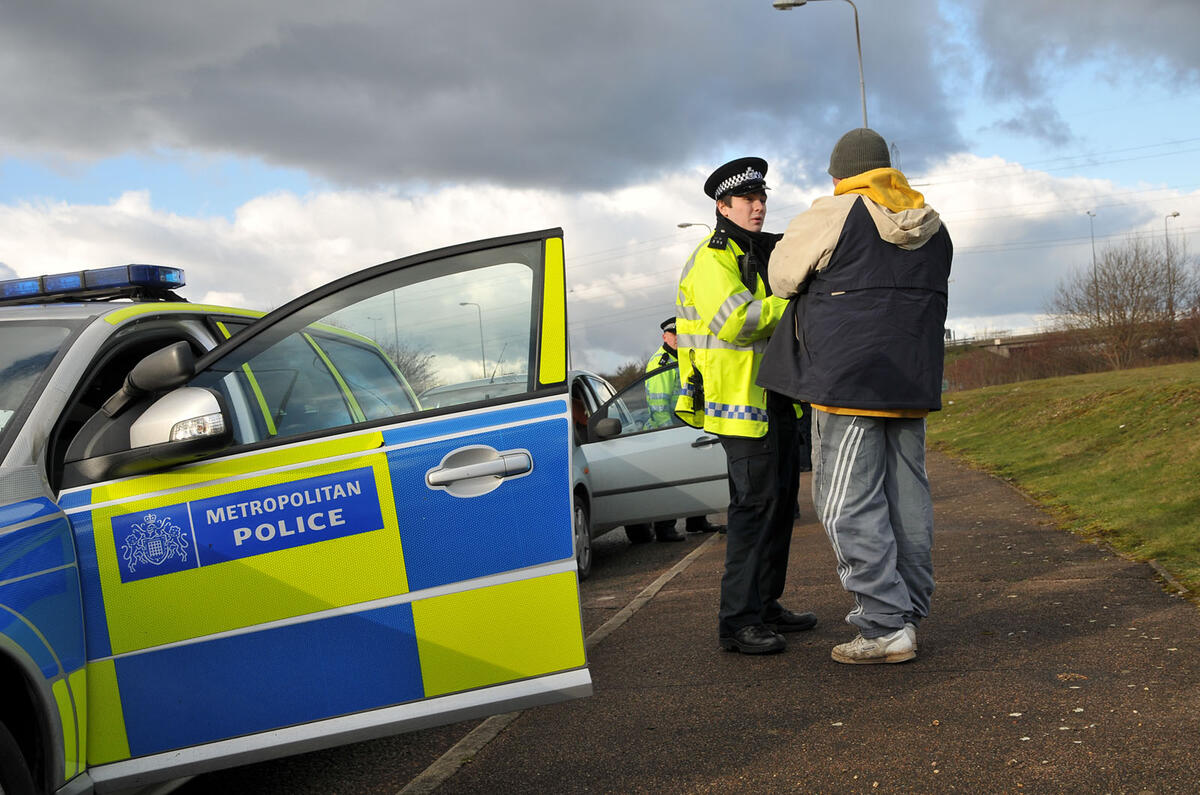
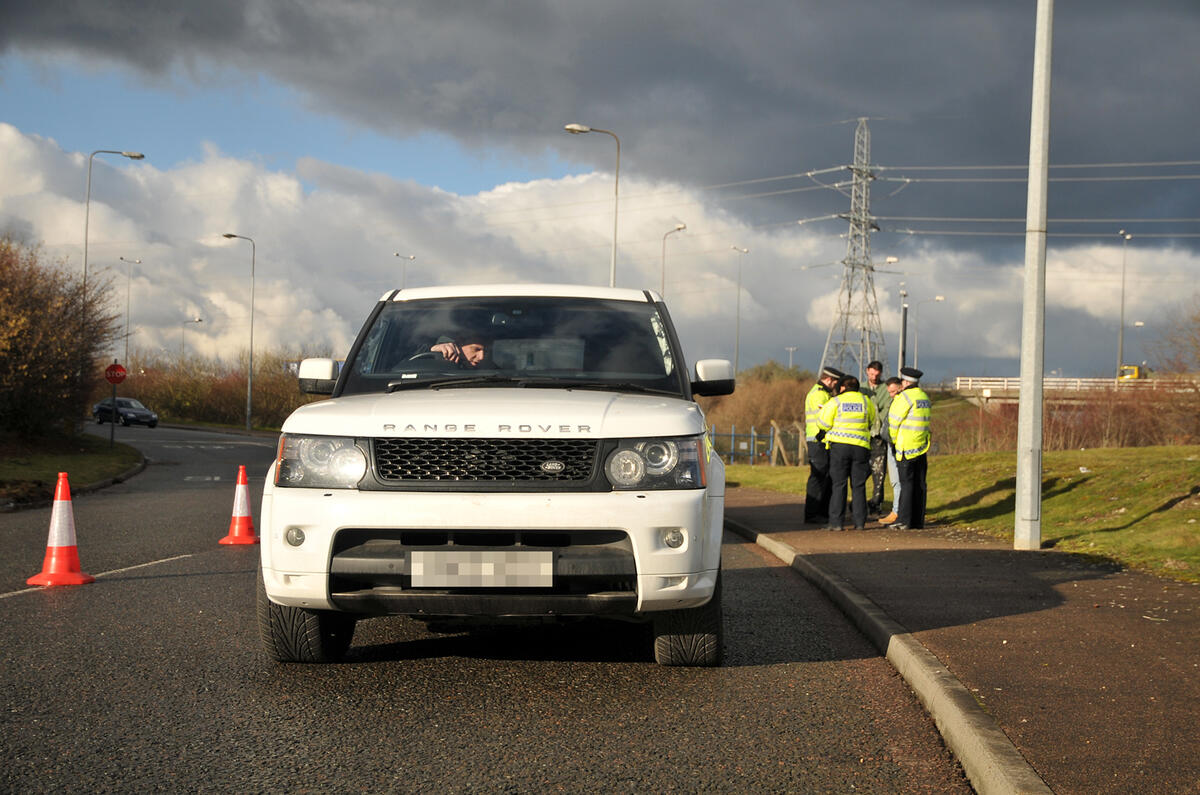
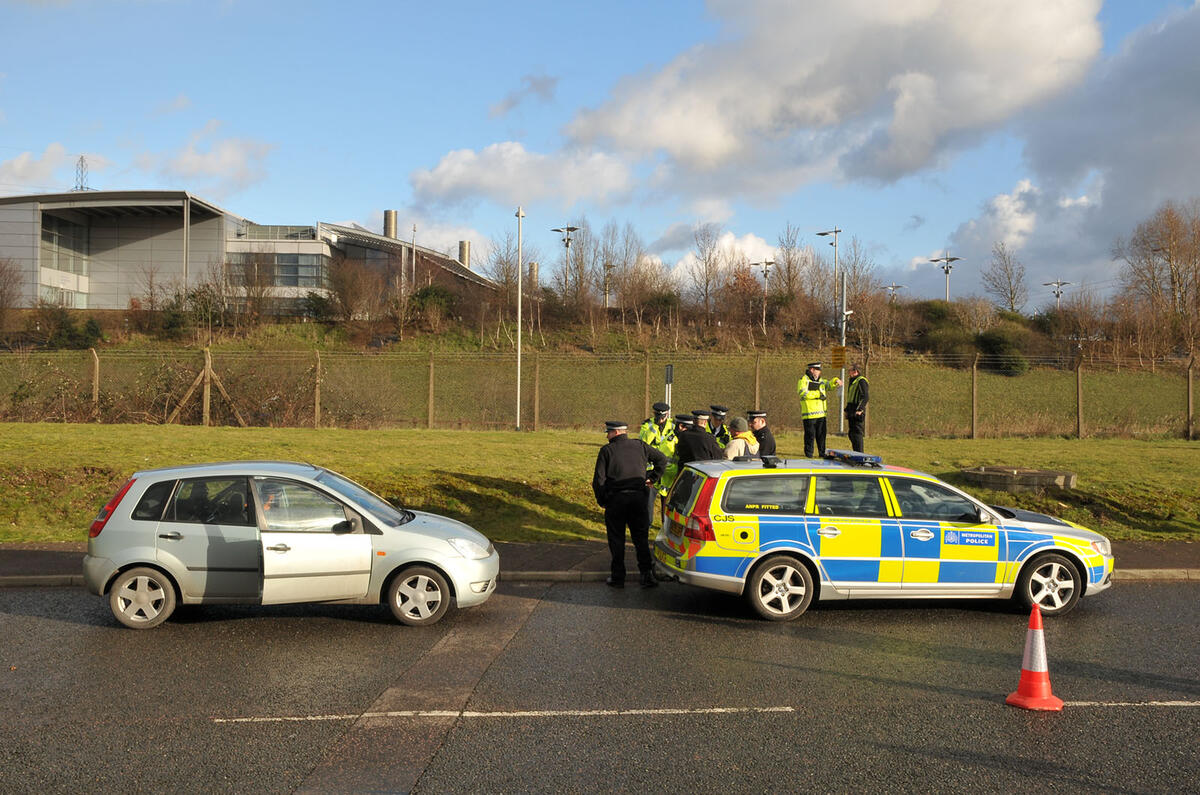
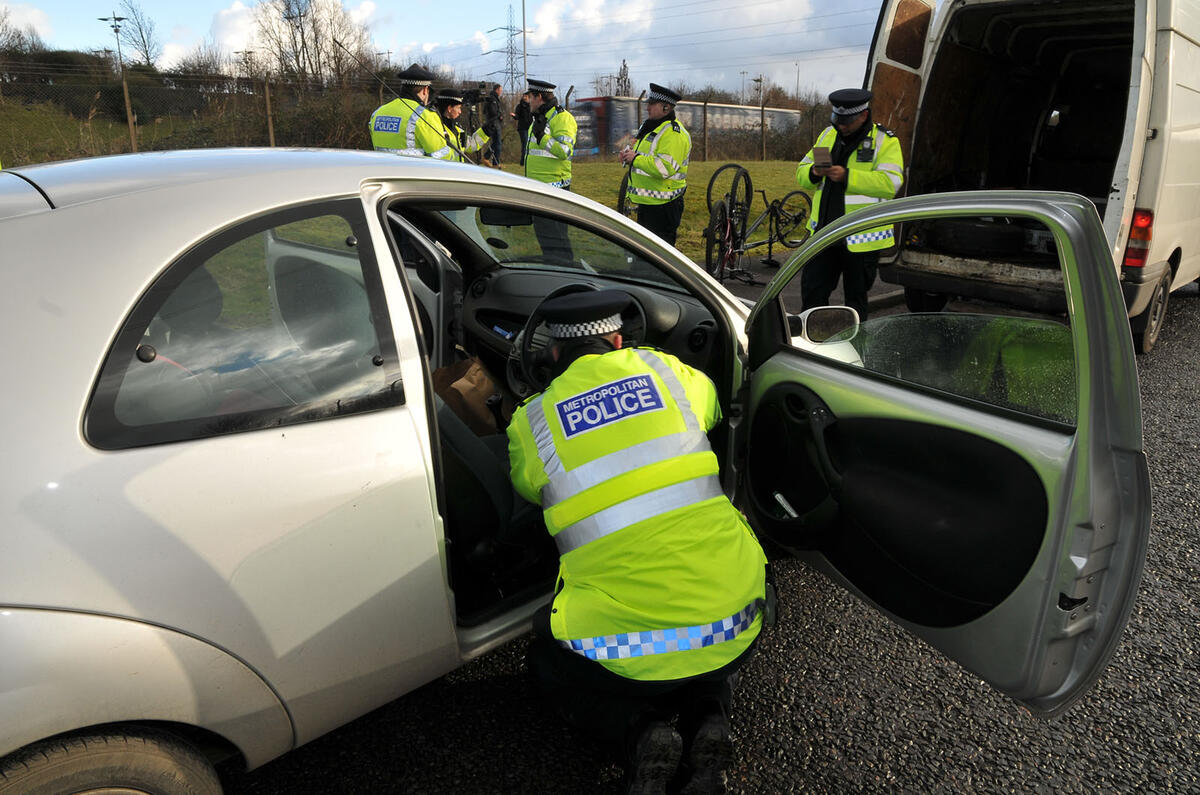
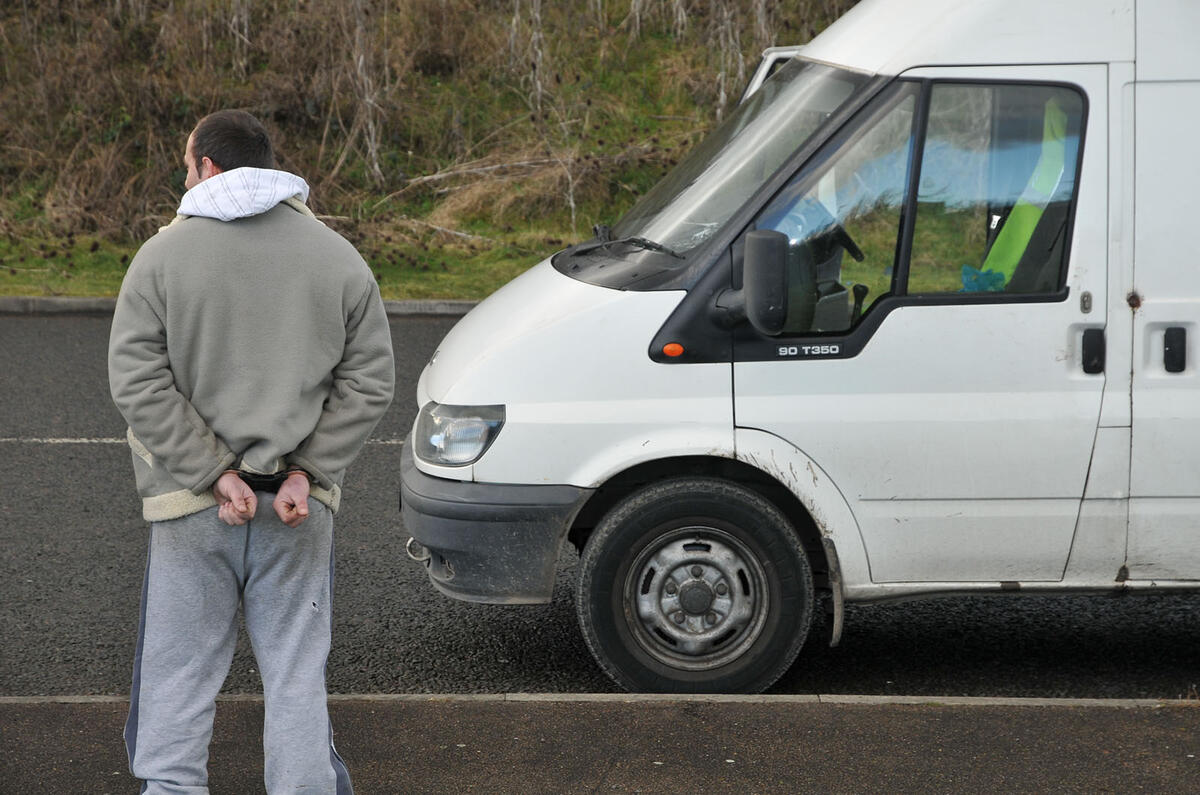
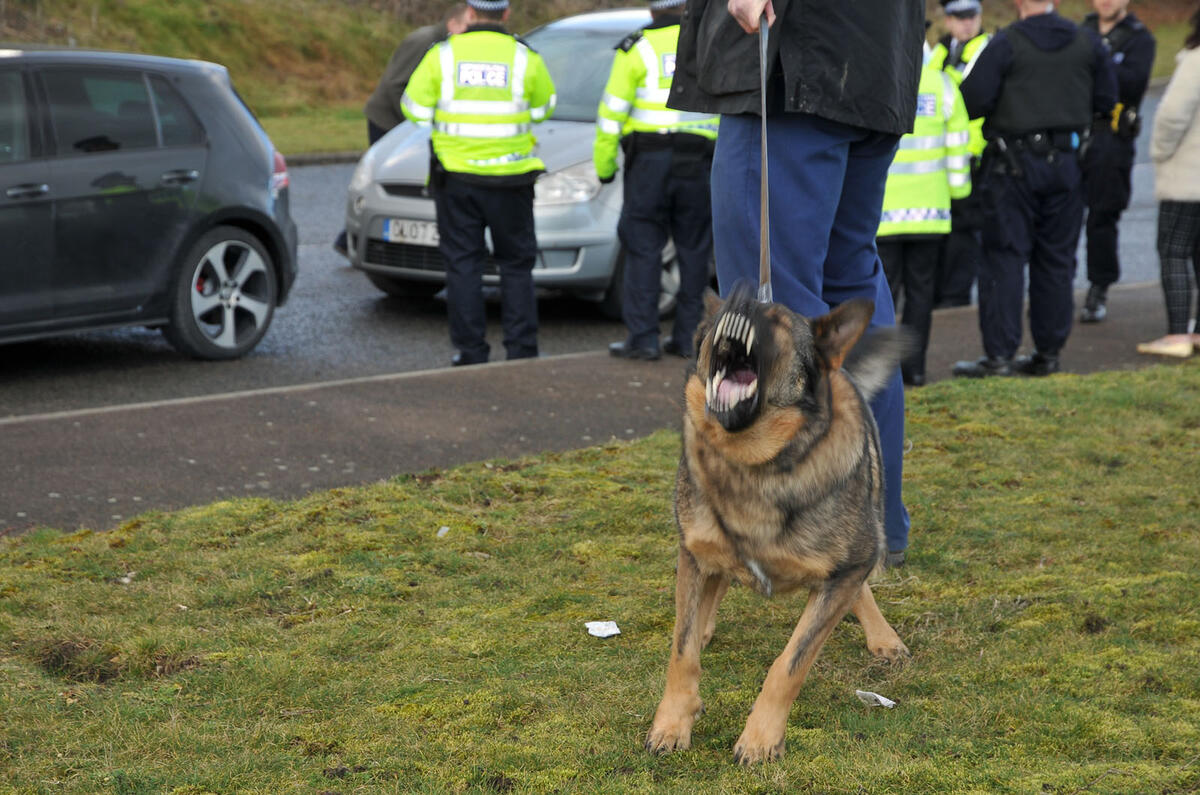
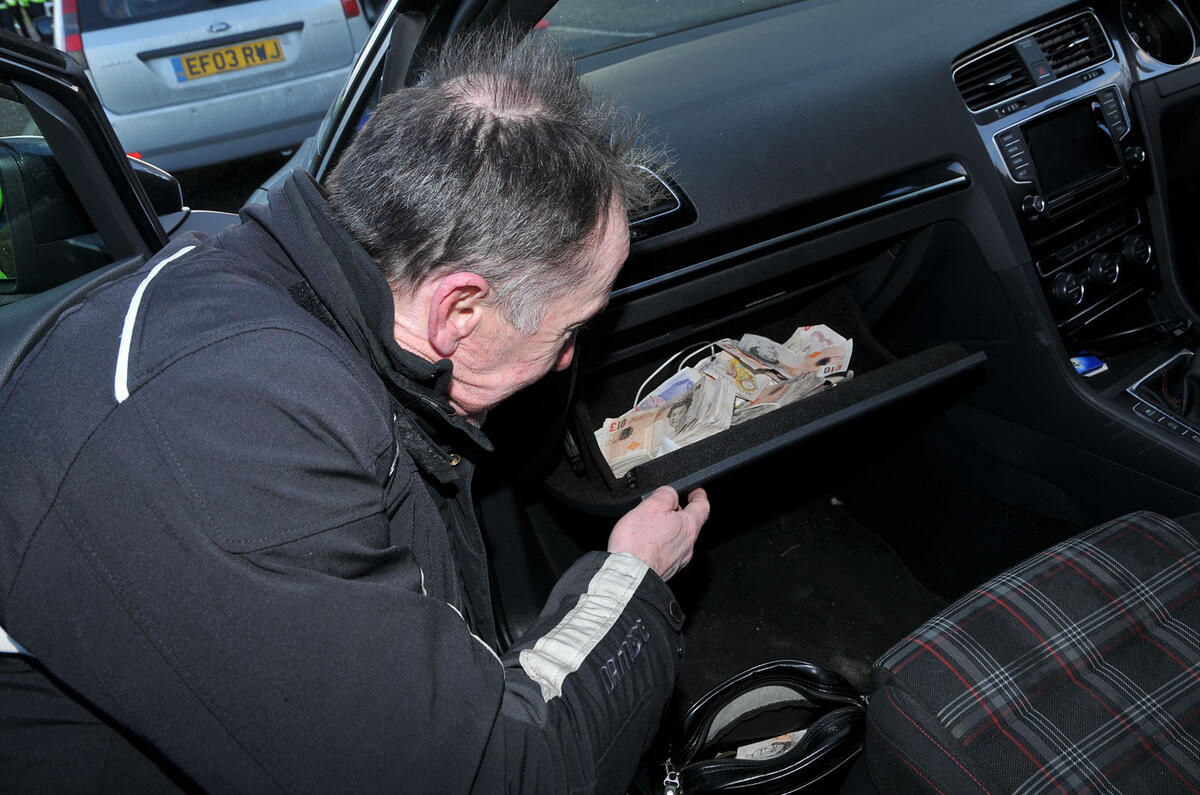
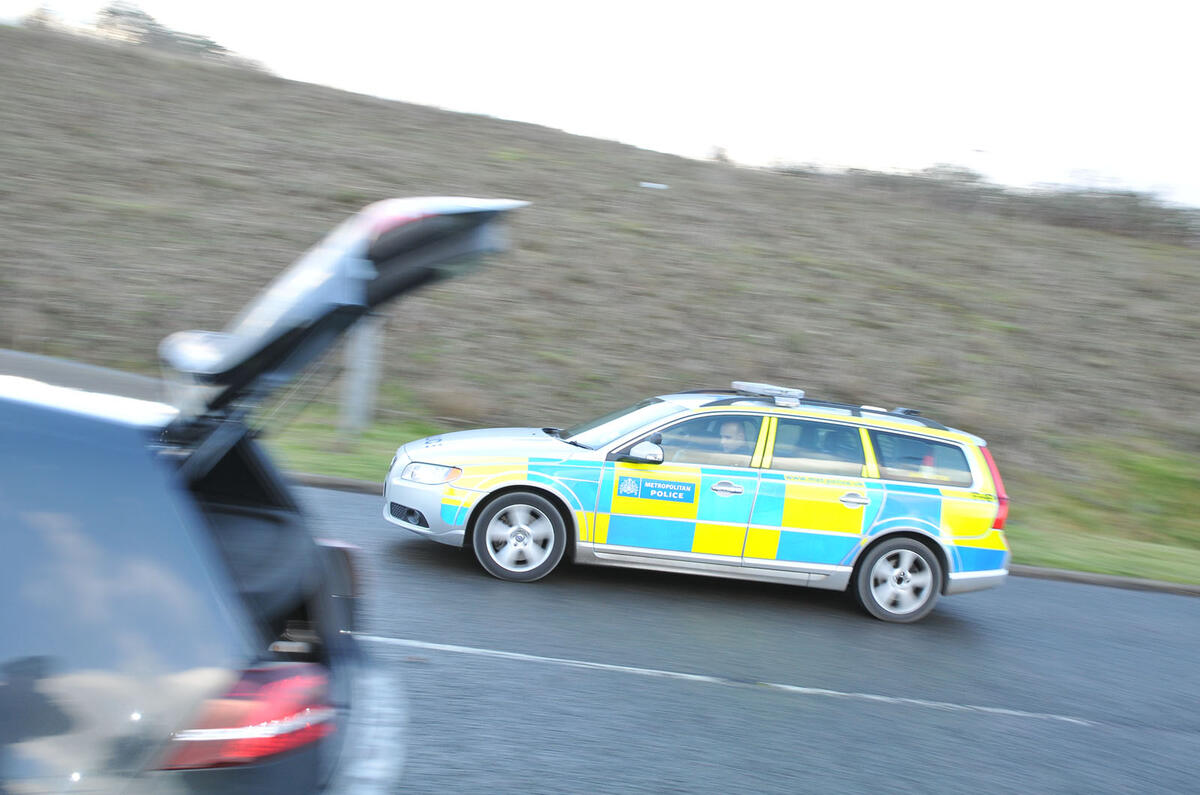
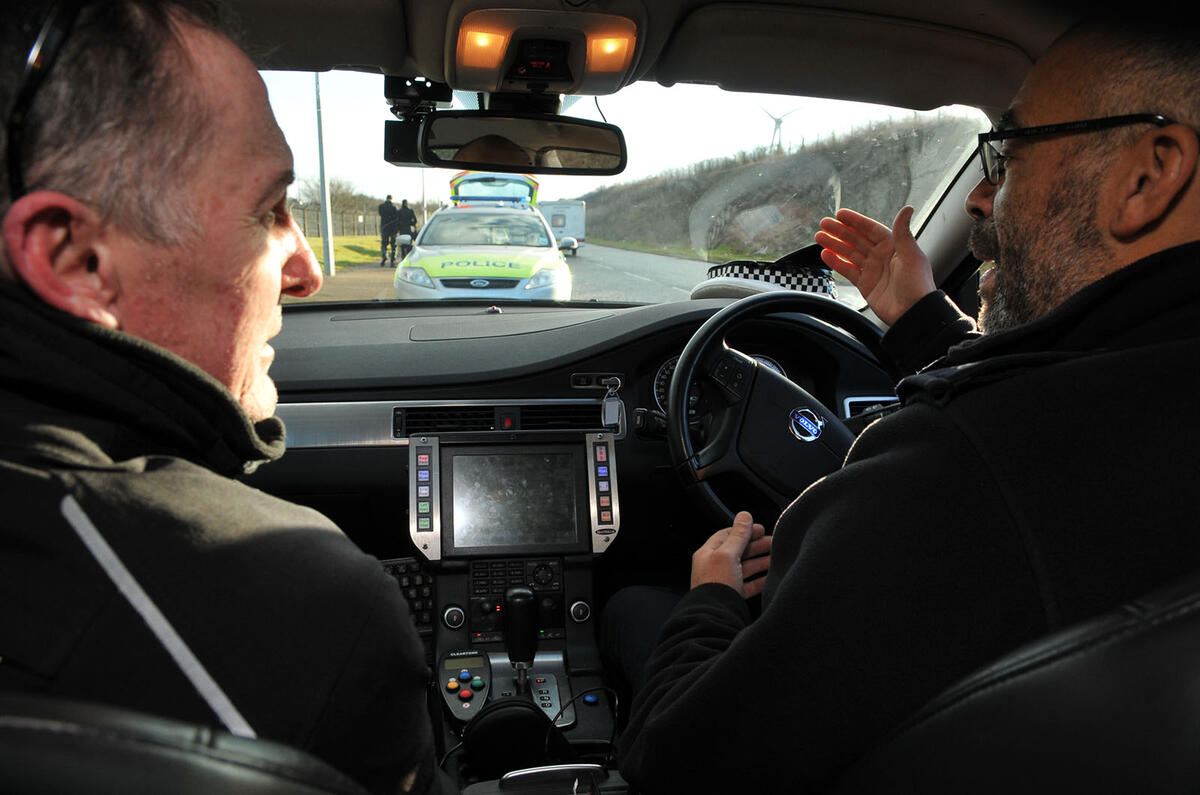

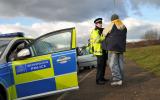
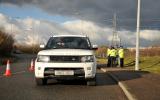
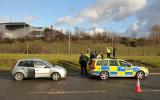
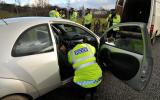


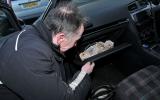
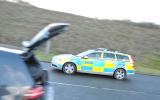
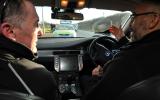



Join the debate
Add your comment
Crook locks
Amusing
People suggesting password